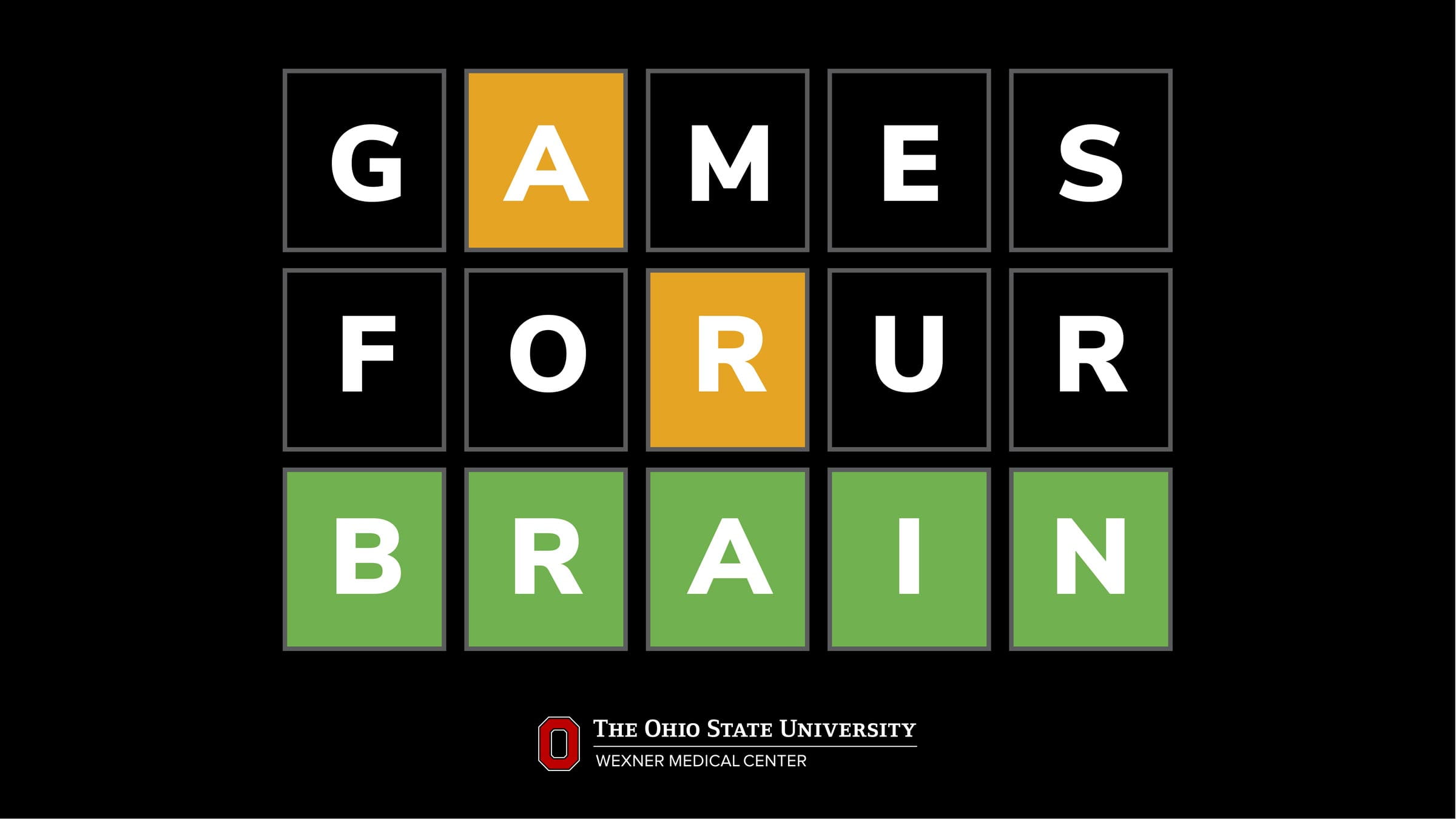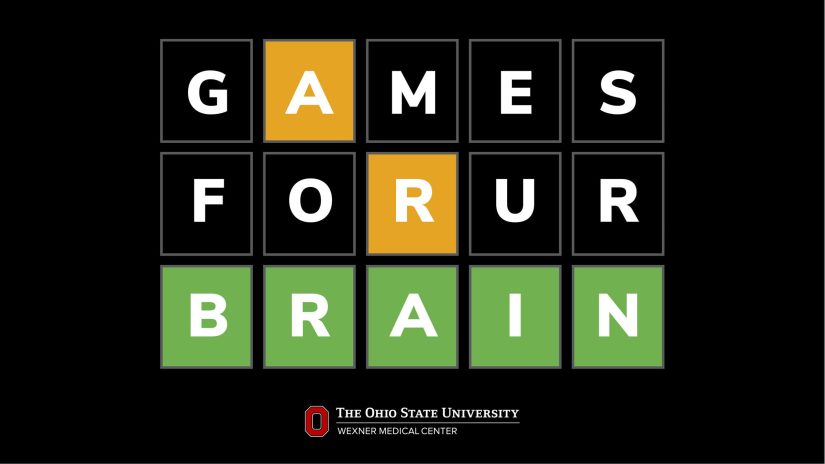
Have you ever experienced heightened sharpness and alertness after successfully completing a Sudoku, crossword, or jigsaw puzzle? This phenomenon is your brain’s natural reaction to such mental challenges. These games aimed at brain health serve not only as leisure activities but are also vital for enhancing your memory, improving your concentration, and elevating your mood.
As we increasingly rely on swift and immediate responses, our chances for brain exercises diminish over time. Puzzle games present excellent opportunities to bolster our mental well-being while enhancing cognitive performance and emotional stability.
Examples of Puzzle Games
Let’s begin by defining puzzle games. These are activities and games meticulously crafted to challenge our minds while enhancing problem-solving abilities, logic, attention, memory, and strategic thinking. Here are several examples of puzzle games. You may have tried at least one from each category.
- Traditional puzzles – crosswords, word searches, jigsaw puzzles
- Logic games – Sudoku, chess puzzles, riddles
- Digital games – mobile apps
- Social/community puzzles – escape rooms or group challenges
The formats and materials utilized in puzzle games have evolved over time. From printed grids emerged physical puzzles. With the advent of social media and community-focused activities, brain exercise games have become available on our computers and mobile devices. There are free online jigsaw puzzles that you can enjoy solo or with friends, accessible anytime, anywhere.
Escape rooms and simulations have also gained popularity among groups and adults seeking relaxation from their hectic work lives. Regardless of their type, these puzzle games engage our brains in enjoyable, challenging, and stimulating ways.
Benefits of Puzzle Games
Memory Enhancement
Regularly participating in cognitive games boosts your chances of having improved short-term recall and long-term memory. Both abilities are crucial for noticing details in the present and retaining information over time.
Problem-solving skills
We can cultivate critical thinking, flexibility, and strategic skills essential for real-world issues whenever we engage in puzzle games. These activities also enable us to make more logical decisions and approach life’s challenges with increased creativity.
Speed, Concentration, and Focus
Some puzzle games demand quickness and speed in responses. Exposure to these types of challenges trains our brains to process information swiftly and precisely, an important trait to hone in decision-making.
Mental Health Benefits of Puzzle Games
Stress Reduction
While puzzle games may seem stressful and daunting, their effects are entirely opposite. Engaging in puzzles, whether traditional or those free online jigsaw puzzles, can elevate your mood, soothe your mind, and reduce stress hormones.
Mood Improvement
Social media provides instant dopamine boosts, but these are often fleeting. If you seek a genuine dose of dopamine, puzzle games can deliver it while also enhancing your happiness and motivation.
Self-confidence and sense of accomplishment
Completing a puzzle, particularly a challenging one, promotes self-confidence and emotional strength.
Mindfulness and Flow
Solving puzzles often leads to a “flow state,” where time seems to fade away. This provides players with a meditative, anxiety-reducing experience.
Science Behind Puzzle Games and Brain Health
The advantages of puzzle games for brain health are also backed by evidence and scientific research. Studies indicate that engaging in puzzles promotes brain plasticity, which is the brain’s capacity to forge new neural connections. These neural pathways are critically important for maintaining our brains as adaptable, resilient, and agile. Here are two of the
